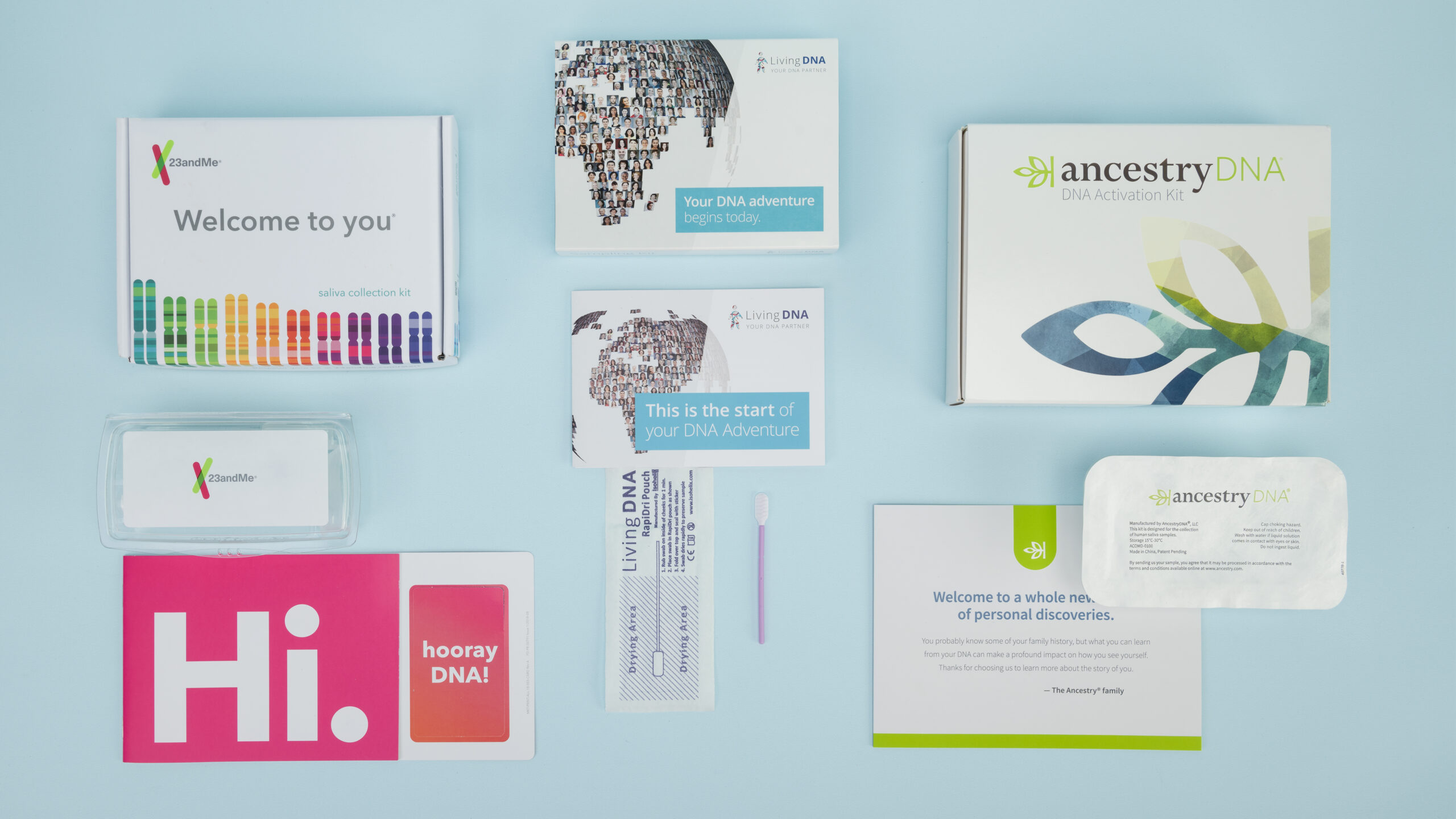In This Article
In This Article
Sharing life with a dog does more than fill your home with wagging tails. Short walks, couch cuddles, and simple daily care quietly steer your body and mind toward better health. This guide breaks down the biggest benefits and offers next-step resources if you’re thinking about bringing a pup home.

Know Your DNA Reviews

Don't miss out on the opportunity to learn more about yourself. Read our best DNA test page to find the best one for you.
Daily walks, backyard fetch, and even quick potty trips add up. Dog owners log about 2,700 extra steps a day, enough to meet the CDC’s 150-minute activity target. Those steps replace sitting time, protect joints, and support a healthy weight. For more ideas, see our tips on building an active routine with dogs.
Unlike gym plans that fade, a dog’s needs reset every morning. Rain or shine, you’ll lace up for short strolls. Research shows owners stay 20 percent more active on bad-weather days than people without pets.
Cardiologists call dog ownership a “natural prescription” for heart wellness. Regular movement keeps arteries flexible, and dogs add extra perks:
Stress tightens blood vessels and bumps heart rate. Stroking a friendly dog slows breathing within minutes. Over time, this smoother stress response supports steadier blood sugar and healthier sleep.
Dogs greet you with a tail wag whether you nailed a deadline or spilled coffee on your keyboard. That unconditional acceptance raises serotonin and dopamine—chemicals linked to happiness. During COVID-19 lockdowns, owners reported lower depression scores than people without pets.
A dog’s daily rhythm—morning walk, mealtime, evening play—adds structure and purpose. Walks invite casual chats with neighbors, while dog parks foster new friendships. Curious about matching breed traits to your lifestyle? Our review of top dog DNA tests explains how a cheek swab can guide exercise and care.
Dogs act as icebreakers. Strangers feel safer approaching someone with a friendly Lab than a person alone. Families with shy children find dogs help practice conversation skills. Older adults say pups pull them back into community when workplace ties fade.
| Age Group | Key Gain | How It Helps |
| Children | Stronger immune training | Early dog exposure may lower allergy and asthma risk. |
| Adults | Stress and weight control | Regular walks and oxytocin boosts tame cortisol and waistlines. |
| Older adults | Purpose and mobility | Daily care routines preserve balance, muscle, and social contact. |
Before you bring home a pup, weigh time, cost, and energy levels. Vet bills, training, and daily walks are real commitments, but payoffs often show up as fewer doctor visits and brighter mornings. Start small—volunteer at a shelter or foster—to see if a canine companion fits your life.
